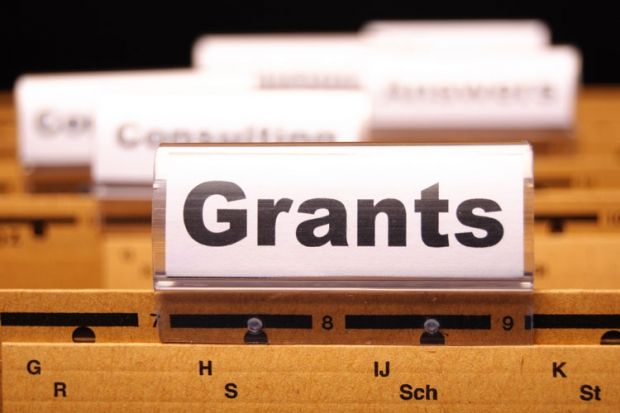National Institute for Health Research
Efficacy and Mechanism Evaluation programme
- Award winner: Roman Hovorka
- Institution: University of Cambridge
- Value: £1,310,328
Effect of closed loop insulin delivery from onset of diabetes in youth on progression of type 1 diabetes
- Award winner: Gary Middleton
- Institution: University of Birmingham
- Value: £697,470
A double blind, placebo-controlled, randomised phase II study of Pemetrexed and Cisplatin with and without Ruxolitinib in malignant pleural mesothelioma
- Award winner: Graham Cooke
- Institution: Imperial College London
- Value: £1,691,167
Stratified Treatment OPtimisation for HCV-1 (STOP-HCV 1)
- Award winner: Philip Asherson
- Institution: King’s College London
- Value: £1,302,928
Randomised controlled trial of the short-term effects of OROS-methylphenidate on ADHD symptoms and behavioural outcomes in young male prisoners with attention deficit/hyperactivity disorder
Biotechnology and Biological Sciences Research Council
- Award winner: Marian Dawkins
- Institution: University of Oxford
- Value: £194,114
Chickens on camera: practical application and commercialisation of the optical flow system for improved poultry welfare and health
- Award winner: Andrea Munsterberg
- Institution: University of East Anglia
- Value: £520,877
Unravelling the microRNA-chromatin remodelling circuitry that drives myogenesis
- Award winner: Denis Headon
- Institution: University of Edinburgh
- Value: £353,327
Developmental tuning of Turing patterning
Leverhulme Trust
Research project grants
Sciences
- Award winner: Dmitry Skryabin
- Institution: University of Bath
- Value: £138,083
Solitons and frequency combs in micro-ring resonators
- Award winner: Karen Spencer
- Institution: University of St Andrews
- Value: £107,920
Social networking: understanding the neuroendocrine basis of gregarious behaviour
- Award winner: Susan Perkin
- Institution: University of Oxford
- Value: £241,665
Electric and magnetic field effects on confined liquids
In detail
Award winner: Catherine Whistler
Institution: University of Oxford
Value: £135,265
Transforming our understanding of Raphael with eloquence in drawing as a research theme
This project aims to gain new understanding of the renowned Renaissance artist. Today, Raphael’s work is broadly viewed as “remote, bland or irrelevant”, writes Catherine Whistler, supernumerary fellow in art history at St John's College, Oxford, in the current Leverhulme Trust newsletter. “Current scholarship presents Raphael as an accomplished interpreter and courtier who managed an efficient workshop, with drawing as a pragmatic stepping-stone towards the final, polished work of art. By exploring the experimental character of drawing and its rhetorical possibilities, I want to ‘make strange’ an over-familiar artist and to stimulate new thinking about drawing in and beyond art history.” Dr Whistler and her collaborator Ben Thomas, an art historian at the University of Kent, are taking Raphael’s “eloquence” as a guiding concept and an interpretative tool in order to unlock a new understanding.
Register to continue
Why register?
- Registration is free and only takes a moment
- Once registered, you can read 3 articles a month
- Sign up for our newsletter
Subscribe
Or subscribe for unlimited access to:
- Unlimited access to news, views, insights & reviews
- Digital editions
- Digital access to THE’s university and college rankings analysis
Already registered or a current subscriber?








